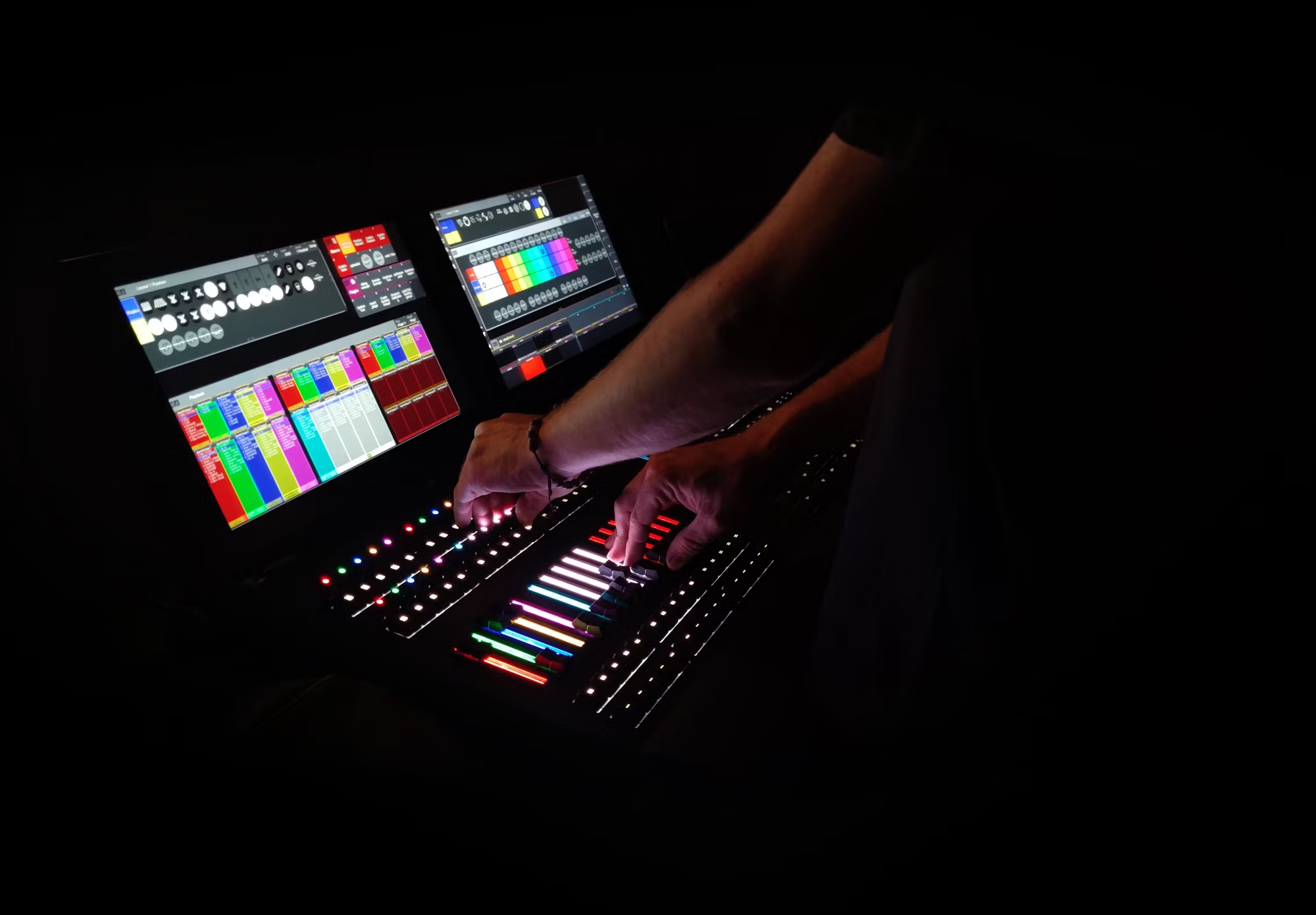Exploring the Influence of Music Genres on Cultural Identity
Music serves as a profound reflection of cultural identity, encapsulating the values, traditions, and emotions of communities around the world. Each genre, from folk and jazz to hip-hop and electronic, carries its unique characteristics, often shaped by the social, political, and historical contexts in which it emerges. This article explores the intricate relationship between music genres and cultural identity, highlighting how they influence and are influenced by the communities that create and consume them.
Historically, music has been a vital means of expression for communities, often acting as a vehicle for storytelling and cultural preservation. Folk music, for example, embodies the traditions and experiences of specific regions or ethnic groups. It tells the stories of everyday life, historical events, and cultural rituals, thereby fostering a sense of belonging and continuity. As communities evolve, so does their music, adapting to new influences while retaining core elements that reflect their identity.
The rise of jazz in the early 20th century exemplifies the powerful interplay between music and cultural identity. Born from the African American experience in New Orleans, jazz emerged as a form of expression that conveyed the struggles and aspirations of its creators. It combined elements of African rhythms, blues, and European musical traditions, creating a genre that was both innovative and rooted in cultural heritage. Jazz not only provided a voice for marginalized communities but also transcended racial boundaries, influencing a wide array of musical styles and contributing to a broader cultural dialogue.
In contrast, the emergence of hip-hop in the 1970s marked a distinct cultural movement, closely tied to urban youth experiences and social issues. Originating in the South Bronx, hip-hop has grown into a global phenomenon, serving as a platform for self-expression and activism. The genre’s emphasis on storytelling and lyricism reflects the realities of life in urban environments, addressing themes such as inequality, identity, and resilience. Through its diverse subgenres, hip-hop continues to shape cultural identity, inspiring generations of artists and listeners alike.
Moreover, music genres often evolve in response to technological advancements and societal changes. The advent of electronic music in the late 20th century showcases how technology can influence cultural identity. Genres like house, techno, and dubstep emerged from the interplay of electronic instruments, sampling, and innovative production techniques. These genres reflect a contemporary cultural landscape that embraces globalization, diversity, and the fusion of various influences. Electronic music festivals have become melting pots of cultures, attracting attendees from around the world and fostering a shared sense of identity among fans.
The relationship between music and cultural identity is not merely a one-way street; it is a dynamic exchange that continually shapes both. As communities embrace new musical styles, they often reinterpret them through the lens of their own experiences and values. For instance, the globalization of music has led to the emergence of hybrid genres that blend traditional elements with contemporary influences. Reggaeton, which combines Latin rhythms with hip-hop and electronic sounds, exemplifies this trend, reflecting the cultural fusion that characterizes many modern societies.
Furthermore, the role of music in cultural identity extends beyond individual genres; it encompasses entire movements that seek to challenge societal norms and advocate for change. The punk rock movement of the 1970s, for example, emerged as a rebellious response to the mainstream music industry and societal expectations. Punk music conveyed a sense of disillusionment and a desire for authenticity, resonating with youth who felt marginalized by prevailing cultural norms. This genre not only provided a voice for dissent but also inspired subsequent movements that continue to address social issues through music.
The impact of music on cultural identity is also evident in the way communities celebrate and commemorate their heritage. Traditional music and dance forms play a crucial role in cultural festivals, serving as a means of preserving history and fostering a sense of community. Events such as cultural parades, folk festivals, and music competitions allow communities to showcase their unique musical traditions while engaging younger generations in the preservation of their cultural identity. This intergenerational exchange ensures that the essence of cultural identity is maintained and celebrated through music.
As we consider the future of music and cultural identity, it is essential to recognize the role of social media and digital platforms in shaping contemporary musical landscapes. These platforms provide artists with unprecedented access to audiences, enabling them to share their work and connect with fans worldwide. The democratization of music production and distribution has empowered a diverse range of voices, allowing artists from various cultural backgrounds to contribute to the global music scene. This shift has resulted in a richer and more varied musical landscape, where the fusion of genres and cultures continues to thrive.
In conclusion, the interplay between music genres and cultural identity is a complex and dynamic relationship that reflects the values and experiences of communities. From folk traditions to contemporary hip-hop, music serves as a powerful means of expression, fostering connection and dialogue among individuals and cultures. As we move forward, embracing diversity and innovation will be essential in preserving the rich tapestry of musical traditions that define our cultural identities. By recognizing the importance of music as a reflection of who we are, we can continue to celebrate and honor the diverse voices that shape our world.
